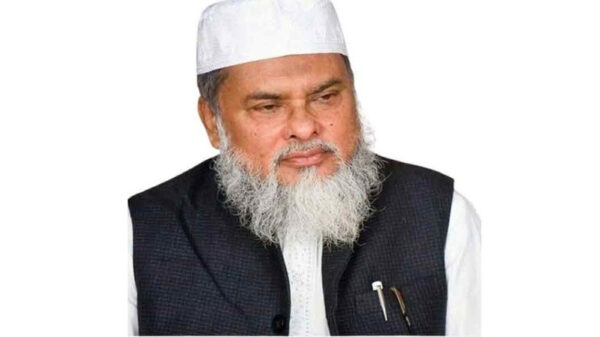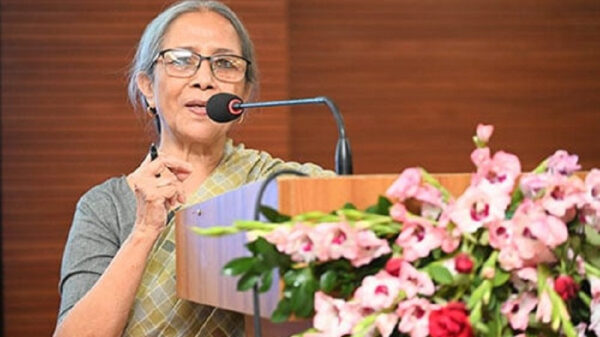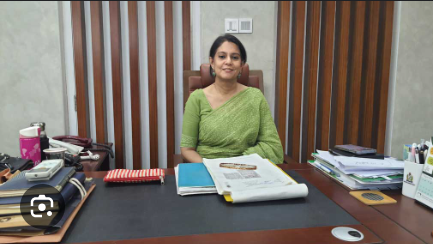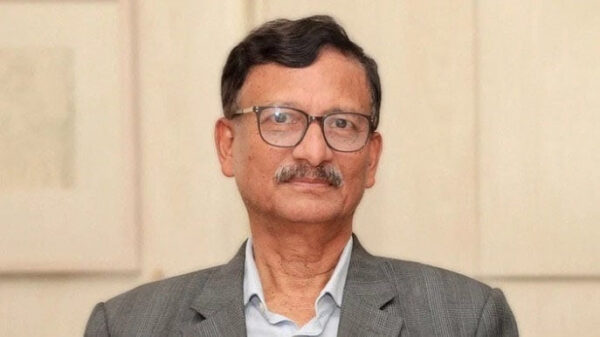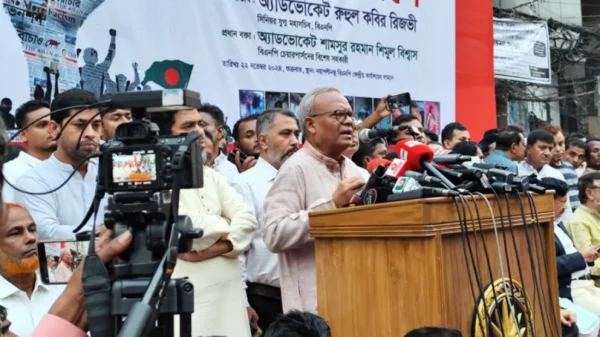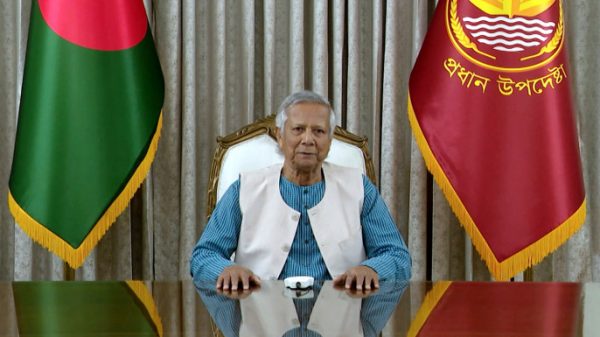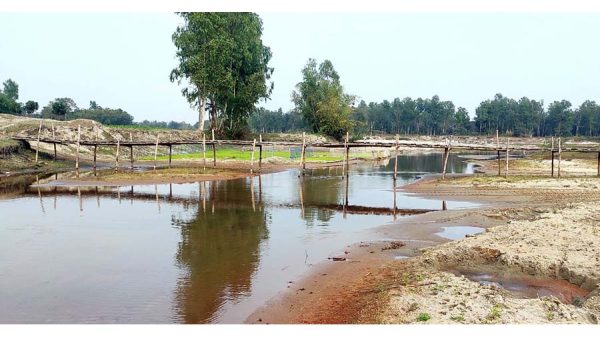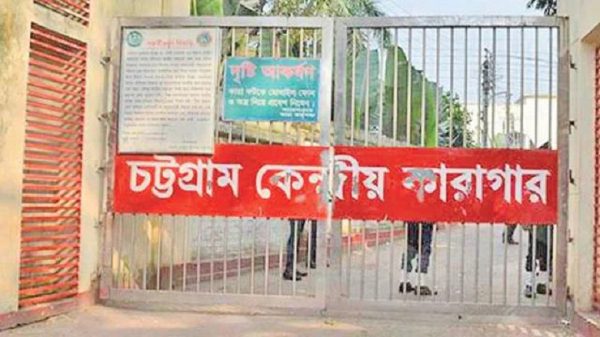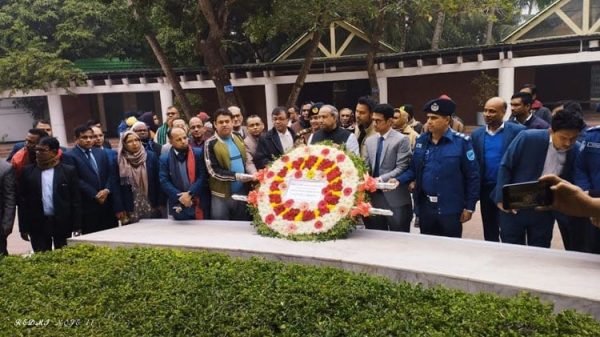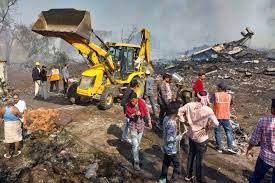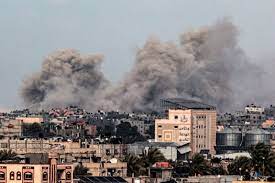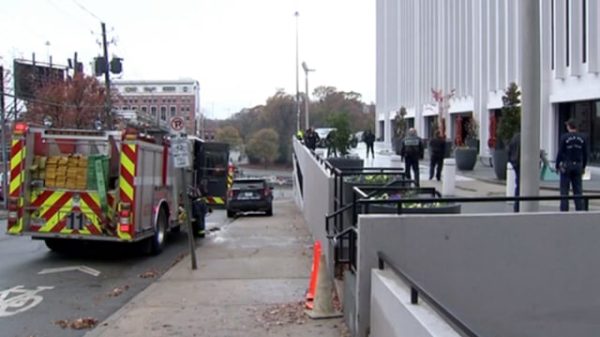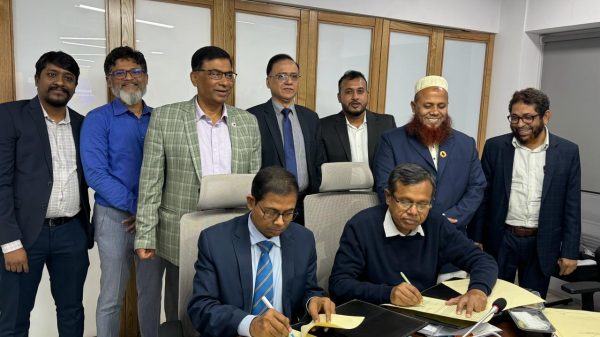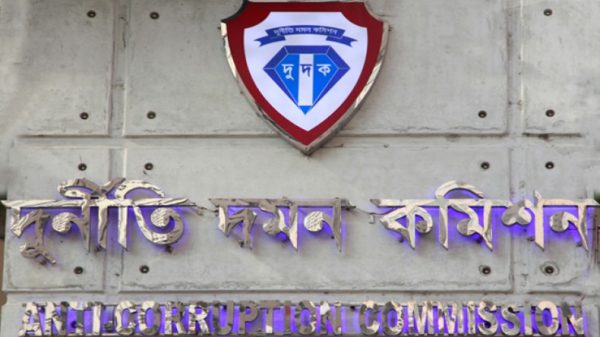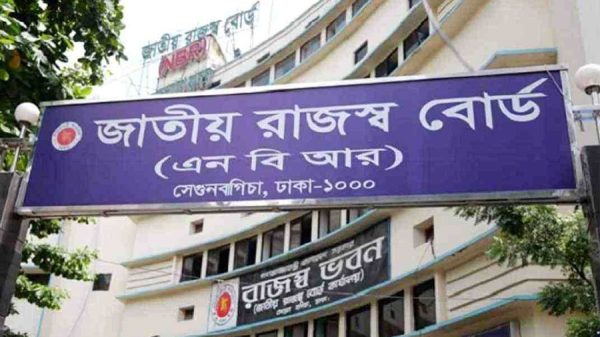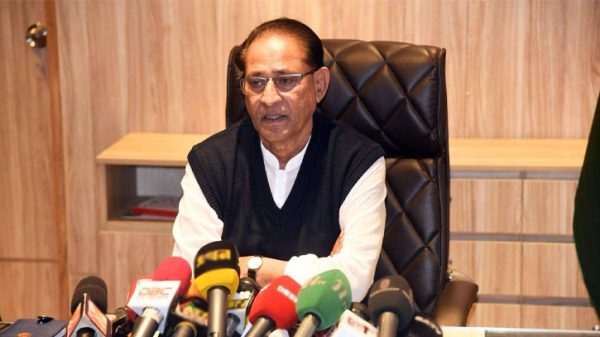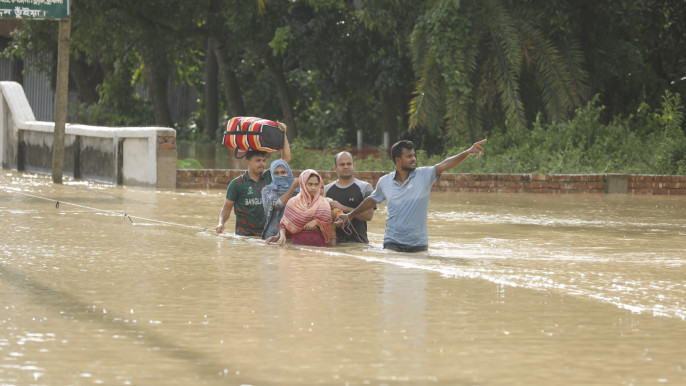Staff Reporter:
Bangladesh has the 5th largest population in the Asia and the Pacific region and ranks 9th worldwide among countries at the highest risk of climate-induced disasters such as including tropical cyclones, tor-nadoes, floods, coastal and riverbank erosion, droughts, and landslides, according to a new report re-leased on Monday.
It is estimated that by 2050, 17 per cent of Bangladesh’s territory will be submerged by rising sea levels, resulting in a loss of 30 per cent of the country’s agricultural land, said the new International Labour Organization (ILO) report.
This will compel coastal communities to migrate into cities, where they are likely to be subjected to poor living conditions and unemployment.
“As the effects of climate change are increasingly felt in Bangladesh, social protection gains greater im-portance for building resilience in the face of flooding, heat waves, and other natural disasters. Properly designed and funded effective social protection systems can greatly soften the adverse impacts of climate change, facilitate just transition and provide income protection for those impacted,” said Tuomo Poutiainen, ILO Country Director for Bangladesh.
While Bangladesh has had a comprehensive National Social Security Strategy (NSSS) since 2015, it is yet to institutionalize social protection systems that can address sudden climate-induced shocks and long-term benefits of a comprehensive social protection system.
The Asia-Pacific region passed a milestone in 2023 when for the first time over half of its population (53.6 per cent) was covered by at least one social protection benefit, according to the new International Labour Organization (ILO) report.
However, social protection systems in Asia-Pacific countries face both recurrent and new transformative challenges and require significant strengthening if they are to help effectively mitigate the impacts of climate change on populations in the region.
The Regional companion report for Asia and the Pacific of the World Social Protection Report 2024-26: Universal Social Protection for Climate Action and a Just Transition highlights that the effective social protection coverage for the region now exceeds the global average (52.4 per cent).
Despite this, some 2.1 billion people remain unprotected against various life cycle and socio-economic risks while progress in extending social protection has been uneven, reports .
According to the report, since 2015 the effective coverage rate in Eastern Asia increased by 15.2 per-centage points (from 63.3 to 78.5 per cent); by 13.4 percentage points (32.5 to 45.9 per cent) in South-Eastern Asia; by 16.7 percentage points (18.7 to 35.4 per cent) in Southern Asia; and by 6.8 percentage points (65.7 to 72.5 per cent) in the Pacific Islands. However, significant disparities exist among coun-tries.
The region faces challenges in the adequacy of benefits and the financial sustainability of social protec-tion systems. In 2023, the region spent 11.8 per cent of GDP for social protection, well below the global average of 19.3 per cent.
Furthermore, the report reveals the effective coverage of women by at least one benefit lags that of men by 6.8 percentage points; a figure that is particularly pronounced in Southern Asia, where a 11.1 per-centage-point gap exists.
“While the progress made since 2015 in the region is promising, there is still a considerable way to go to attain universal coverage and to reach adequate and comprehensive protection. Investing in comprehen-sive and resilient social protection systems has never been as urgent as it is yesterday,” said Chihoko Asada-Miyakawa, ILO Assistant Director-General and Regional Director for Asia and the Pacific.
“It is particularly concerning that many countries in Asia and the Pacific are experiencing a high vulner-ability to climate change yet have low effective coverage. Social protection will play a vital role in sup-porting climate adaptation and mitigation efforts, and in facilitating a just transition, enhancing the resil-ience of all, and especially vulnerable communities,” said Kenichi Hirose, Senior Social Protection Spe-cialist at the ILO Decent Work Technical Support Team for East and South-East Asia and the Pacific.


